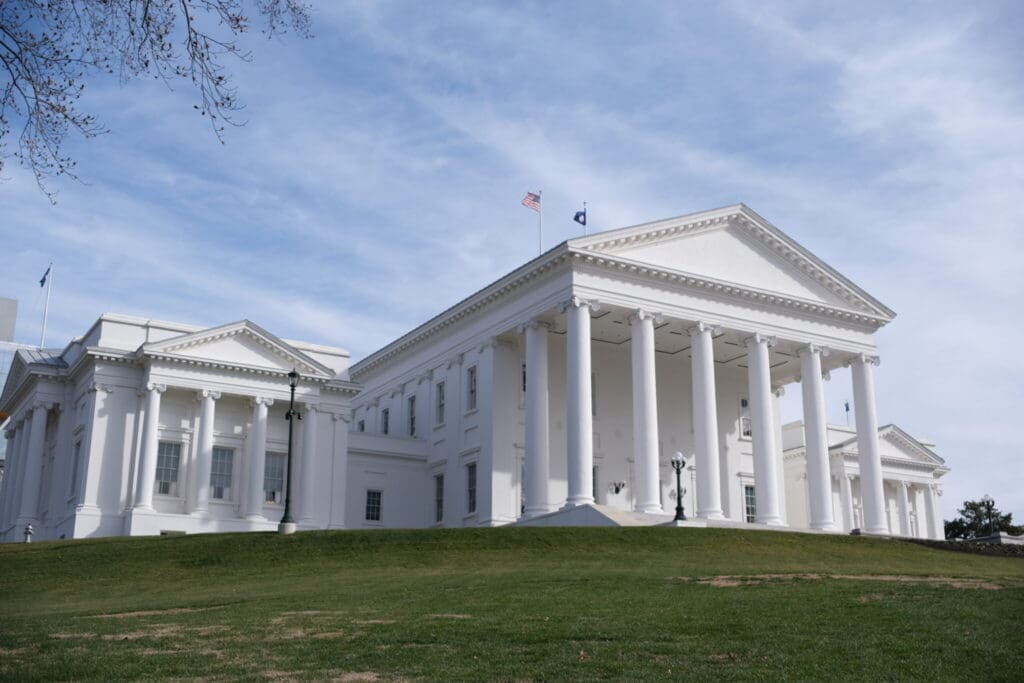Heading into the third year since Roe v. Wade was overturned, states will continue to introduce and consider legislation to expand or restrict access to reproductive health care and abortion as legislative sessions begin. In anticipation of President-elect Donald Trump’s return to the White House in January, states with broad reproductive rights protections have introduced […]
—
The Virginia Capitol (Graham Moomaw/Virginia Mercury)
Heading into the third year since Roe v. Wade was overturned, states will continue to introduce and consider legislation to expand or restrict access to reproductive health care and abortion as legislative sessions begin. In anticipation of President-elect Donald Trump’s return to the White House in January, states with broad reproductive rights protections have introduced bills to shield patients and doctors if the incoming Republican administration overturns protections implemented under President Joe Biden. States with strict bans, meanwhile, have started floating fetal personhood bans, abortion pill punishments and other restrictions.




